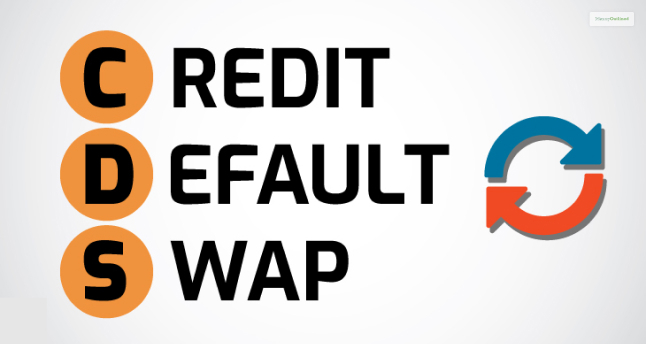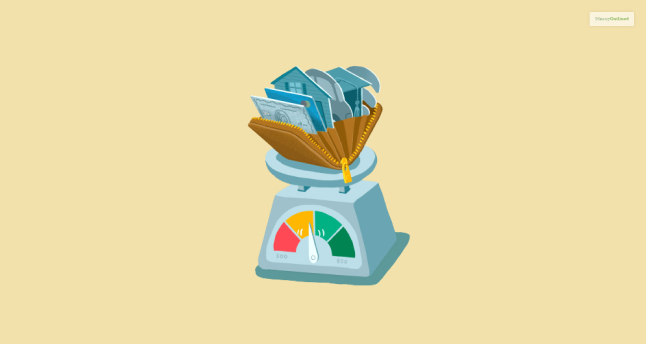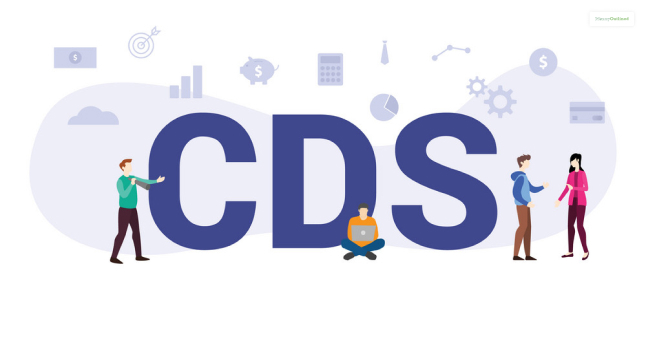Table Of Contents
Credit Default Swap (CDS): Definition, Using, Example, Pros, Cons
CDS or Credit Default Swaps are financial derivatives that act as guarantees against any bond risk. It enables lenders to simply ?swap? risks with others.
Swaps, in this case, work like your regular insurance policies. These enable purchasers to purchase protection against any unexpectedly devastating event. Similar to insurance policies, buyers make different periodic payments to sellers.
These swaps are protection against high-risk municipal bonds, corporate bonds, and sovereign debt by default. At the same time, investors also use these for protection against the basic credit risk of junk bonds, collateralized debt obligations, and mortgage-backed securities.
Today, we will talk about CDS in detail – stay tuned to find out more.
What Is Credit Default Swaps Or CDS?

So, what are credit default swaps?
CDS or a Credit Default Swap can be defined as a financial derivative that enables any investor to offset or swap their credit risk with another investor?s credit risk.
In order to offset the default risk, the lender usually purchases a credit default system from any other investor who is fine with reimbursing them in case the borrower defaults.
Most contracts of credit default swaps are maintained with the help of ongoing premium payments similar to regular premiums that are related to insurance policies.
Commonly, lenders who are worried that their borrowers might default on any particular loan will often use a credit default swap for swapping that risk.
How Do Credit Default Systems Work?

Now that you know what is a credit default swap, let?s talk about how do credit default swaps work. As we just mentioned, a CDS is a kind of derivative contract that can transfer the basic credit exposure of any fixed-income product.
For instance, let?s assume a company is selling one bond that has a 100 USD face value and a maturity spanning 10 years to an investor. Now, the company might agree to paying back 100 USD after the 10-year period ends, accompanied by consistent interest payments throughout that bond?s life.
This is because the debt issuer can never guarantee the repayment of the premium, and as a result, the investor ends up assuming the risk. The debt purchaser can buy a credit default swap to transfer the risk to some other investor, provided that the investor agrees to pay them in case the debt issuer ends up defaulting on its obligation.
In this context, there are two terms that you need to get familiar with – scroll down and find out more.
Debt Securities:
The credit default swaps definition makes the value of a CDS very clear. But what about terms like debt securities that have relatively longer maturity terms, making it hard for investors to actually estimate the total investment risk?
For example, a mortgage can easily have terms expanding over 30 years. There?s absolutely no way to find out whether the particular borrower is able to make payments for a long time.
This is precisely why contracts are considered to be a popular method of managing risk. The credit default swap buyer will pay the seller until the contract reaches its maturity date.
The credit default swap seller, in return, agrees to pay the buyer the value of the security and all the interest payments that would definitely have been paid during that time and the date of maturity in case of a credit event.
Credit Events:
Credit events are triggers that are responsible for causing CDS buyers to settle contracts. When a CDS is bought and becomes part of a contract, credit events are usually agreed upon.
A whopping majority of credit default swaps with a single name are traded with different credit events that act as triggers. These are as follows,
- Reference Entity Default Other Than Failure To Pay: If issuing entities default for the reason that has nothing to do with failure to make the payments, then it falls under this particular credit event.
- Failure To Pay: when reference entities fail to make due payments, it results in a ?failure to pay.?
- Obligation Acceleration: when all the contract obligations, like how the issuer needs to pay their debts earlier than what was anticipated, are removed, it?s called obligation acceleration.
- Repudiation: If there?s any dispute in contract validation, then it?s called repudiation.
- Moratorium: When a contract is suspended until the problems that led to the suspension are resolved, it is known as Moratorium.
- Obligation Restructuring: When underlying loans are reconstructed, it?s known as obligation restructuring.
- Government Intervention: These primarily deal with any actions taken by the Government that affects the main contract.
Credit Default Swap (CDS): Advantages And Disadvantages

Before you can wonder how to buy credit default swaps, it?s practical to check out all the top advantages and disadvantages of Credit Default Swaps or CDS. So without wasting any time, scroll down to go through the top advantages and disadvantages of credit default swaps.
Advantages Of CDS:
The top advantages of credit default swaps are as follows,
- Credit default systems reduce the risk factor for lenders.
- You are not needed to buy any underlying fixed-income asset.
- Credit default swaps pass the default risk on different payments to the issuers. They can even sell multiple swaps to spread risks further.
Disadvantages Of CDS:
The biggest disadvantages of credit default swaps are as follows,
- Investment insurance policies can make investors feel they do not have risks with their investments.
- Credit default swaps are known for reducing risks, but at the same time, these are also prone to extra risks since these are usually traded on different OTC markets.
- CDS sellers inherit substantial risks of borrowers defaulting.
And It?s A Wrap!
And it?s a wrap on Credit Default Swaps. If you are wondering when did CDS become popular, then you have to understand that the whole concept of investments has become popular today. So, what are your thoughts on credit default swaps? And while sharing your thoughts, feel free to let us know about your experiences (in case you have dealt with credit default swaps in the past) in the comments below.
Explore More:











Leave A Comment